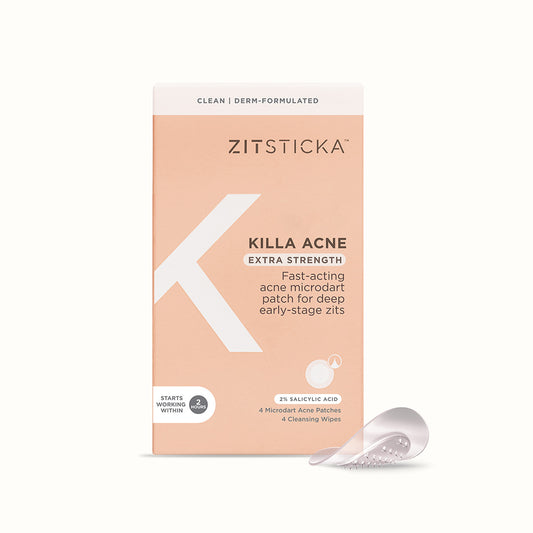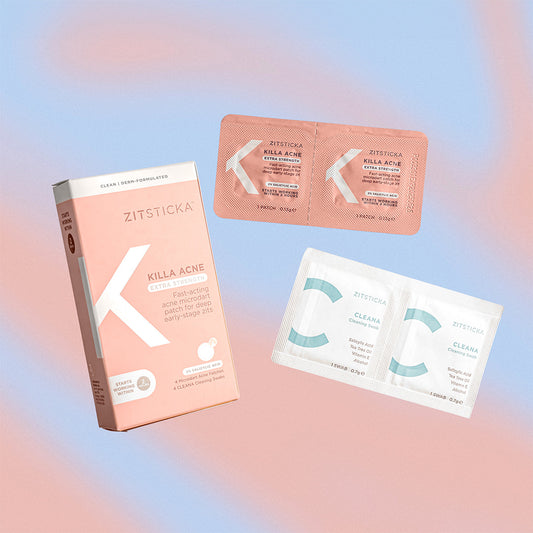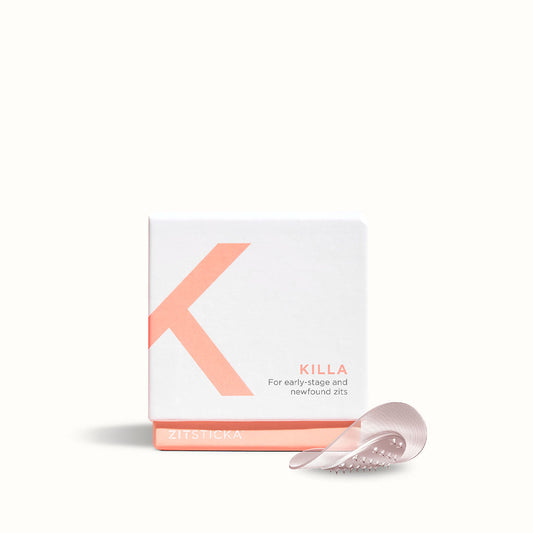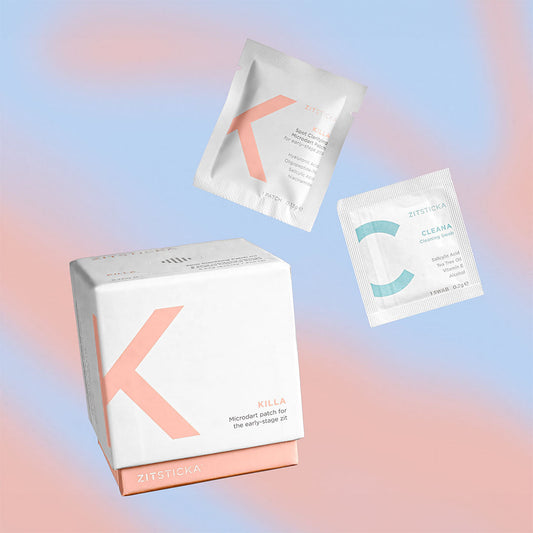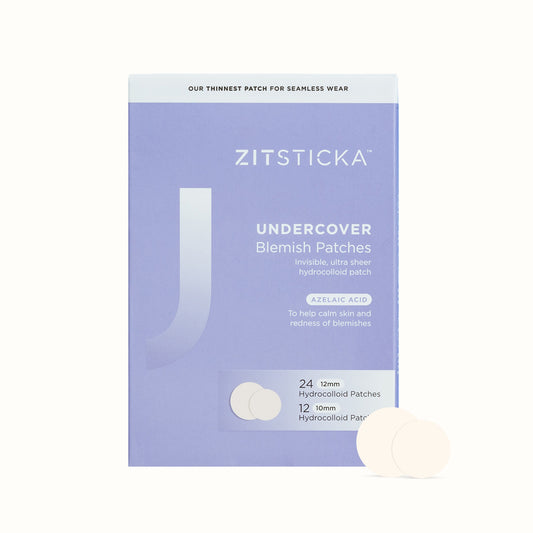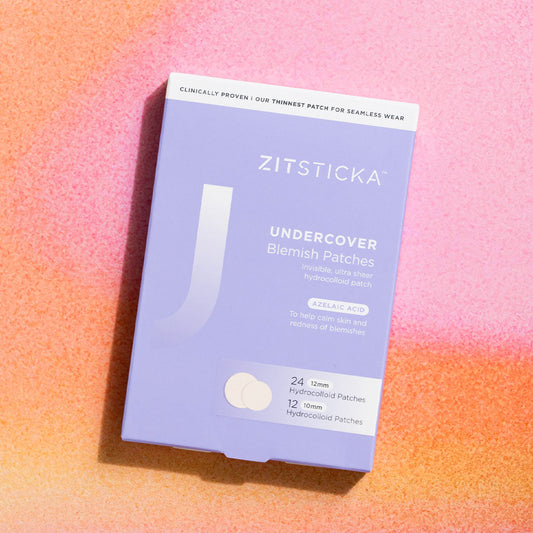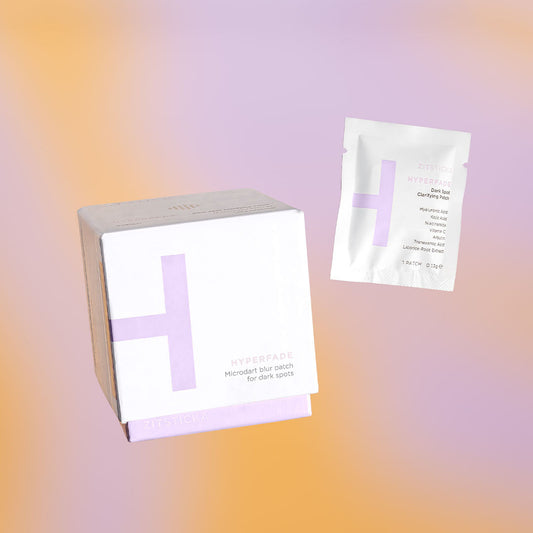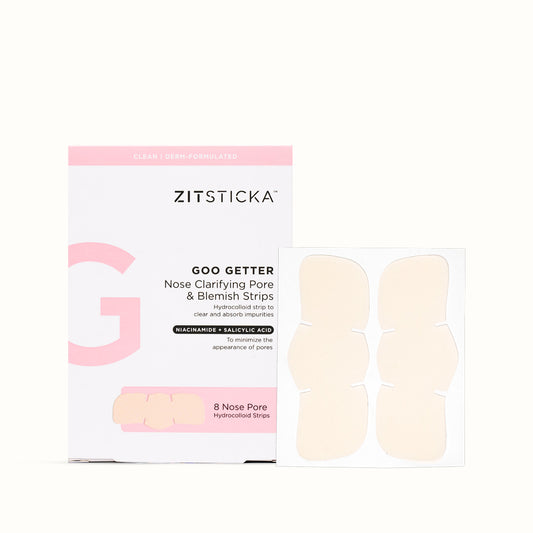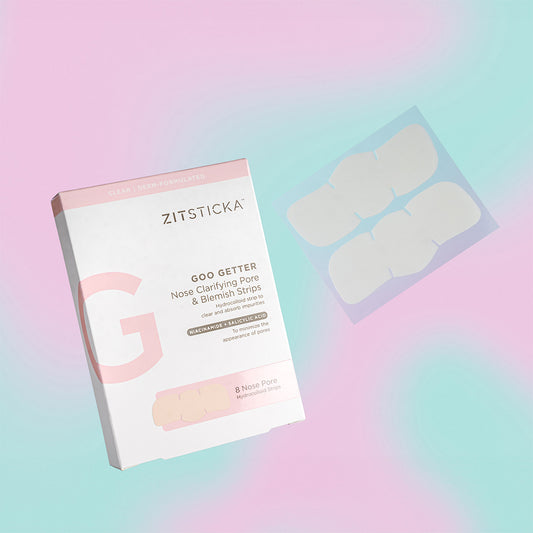By: Tyler Guitroz
When I was younger, I loved to walk around beauty and clothing stores. I would see the commercials, the marketing, the magazines and wonder how I could look that beautiful. “How could I look as perfect as these perfect women?” I was fortunate to learn early enough that I was not the only girl/woman to think like this. In fact, I often overheard the conversations of the women in my life discussing similar issues, and took solace in the fact that there were so many overwhelming influences of beauty regarding our bodies, it was only natural to ask these kinds of questions. However, there was and still are a number of influences that I was not aware of. Subtle influences then, though retrospectively are very omnipresent in its creation of ideals, tastes, and preferences.

The area I struggled the most was...well...let me explain.
Going to makeup counters and department stores, I loved color-matching. In particular, I loved helping my mother find lipsticks, blushes, and eyeshadows to match her relevant occasions. She could put a whole room to shame with a solid plum lip shade. It was miraculous. Curiously, however, our searches often terminated following unsuccessful foundation matches. In department stores, we would often find 2-3 darker shades - one of which was too light, the other was a shade or two off with the wrong undertone, and the other was too deep in color. This was the most common theme throughout our excursions. In fact, until recently, I’d only known my mom to have to concoct her own colors to combine a lighter and darker shade until the combination was desirable. One thing is for sure though. We never even thought to look in the direction of the hair products as we knew no amount of hope or money could render an accommodating product.
In the black/African American community, a variety of terms have evolved to accommodate the multitude shade ranges that exist amongst us.
Light-skin, dark-skinned, yellow-boned, red-boned etc. In America, as with the rest of the world, but especially in America, being of light skin tone and with “good-hair” (meaning curly, not coily or kinky) has been quite beneficial historically.
Have you ever noticed in 90s-2000s television that when it comes to black characters and actor exchanges (not character switches), the new characters almost always are lighter in complexion? You’ll notice this with Aunt Vivian from ‘Fresh Prince of Bellaire’ to Derwin Davis in ‘The Game’ to Claire Kyles from “My Wife and Kids” as well as in a handful of other occasions. In each occasion, a darker-complexioned actor was replaced with an actor often of a much lighter complexion and generally straighter hair.
Though it goes without saying that there is no superiority to skin tone to any extent, given this kind of exposure sure you could understand how a little black girl could find herself favoring staying out of the sun for esthetic reasons. You could see how she’d long to be just that much lighter - just enough to fit the new Chanel compact foundation. You could empathize with her use of a toxic regimen of chemicals to keep her hair nearly perfectly straight, at least for a little while. You could imagine how she may slightly marvel in the observation that “she is the lightest of all her siblings”. I’m sure by now we all understand how significant and targeted the marketing approaches of companies are.

So if you have ever wondered why it is such a big deal for companies to announce they are extending their shade range or why new companies make it a point to include a multitude of shade ranges with a culturally and/or ethnically and/or racially and/or gender and/or age-regarded campaign. This is why:
Representation matters. Because marketing is so targeted we can assume that if you do not see some like you represented in the product, it was not made for you. And, whether or not that is actually the case is besides the point.
Because your hair is not straight and you wear it as so; when you have a new hairstyle (or even different hair) monthly or weekly or daily; because you complexion is darker; because your body isn’t that of an Instagram and especially not a Valentino model; because you have an active breakout or scars from previous breakouts or hyperpigmentation from prior breaks or hyperpigmentation just because, does that mean you are any less worthy of being acknowledged?
When underrepresented communities ask to see themselves in everyday (not specialized) media, it does not represent a ploy of pride—a plot for dominance. It represents a push for acceptance. Acceptance as we are, how we are, how we choose to be, and not how we are told to be.

